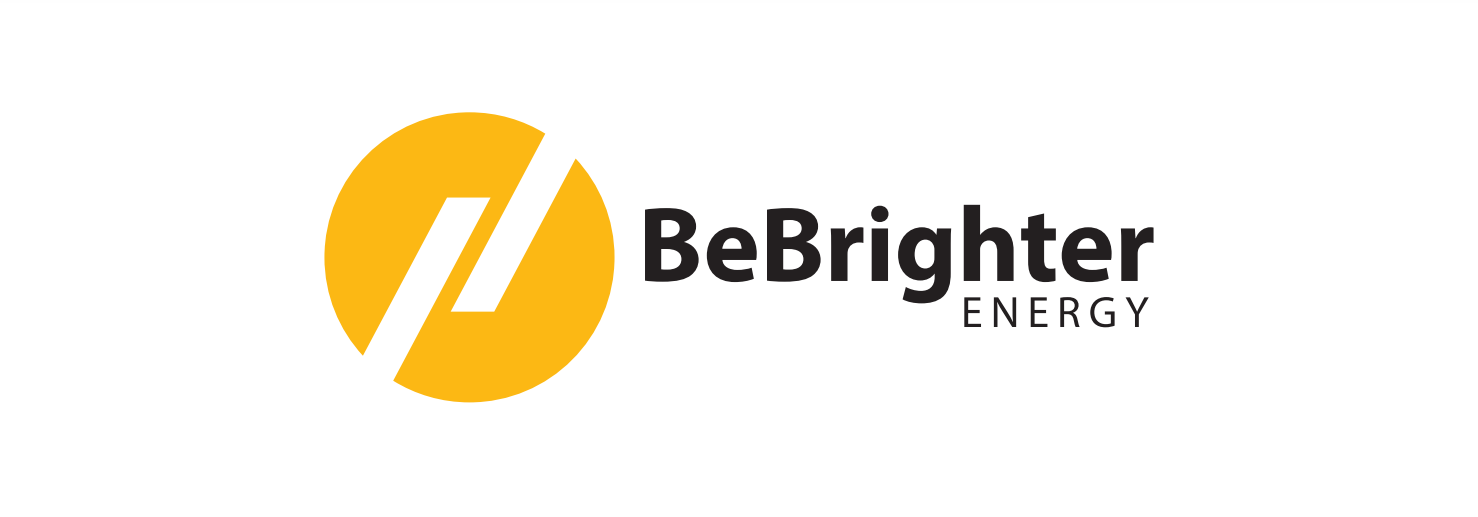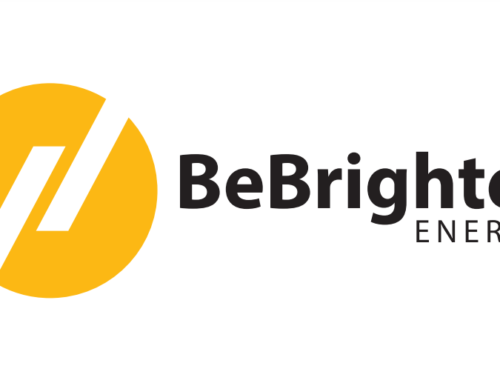Harvesting Profits From The Sun
Introduction
In an era where sustainability and renewable energy are at the forefront of global discussions, solar farms have emerged as a compelling investment opportunity. These expansive fields of solar panels harness the sun’s energy to generate electricity, contributing to a cleaner and more sustainable future. In this article, we will delve into the world of solar farm investments, exploring the advantages, risks and the potential for significant returns that this sector offers to investors.
The Rise Of Solar Farms
Solar farms, also known as solar power plants or solar parks, have been on the rise in recent years due to several key factors. These include advancements in solar technology, decreasing costs of solar panels and growing concerns about climate change. Governments and corporations worldwide are making significant investments in renewable energy and solar farms are a crucial component of this transformation.
Advantages Of Solar Farm Investments
Renewable and Sustainable: Solar farms offer a truly sustainable energy source. The sun, as a virtually limitless resource, provides a consistent and reliable energy supply. Unlike fossil fuels, solar energy does not deplete natural resources or produce harmful emissions, making it a clean and environmentally friendly option.
Long-Term Revenue Streams: Solar farms typically involve long-term power purchase agreements (PPAs) with utility companies or government entities. These agreements ensure a stable income stream for investors over many years, often spanning several decades. This revenue predictability can be highly attractive for those seeking steady returns on their investments.
Low Operating Costs: Solar farms require minimal ongoing maintenance and have relatively low operational costs. Once the initial investment is made and the solar panels are installed, the sun does the rest of the work. This means that operational expenses are kept to a minimum, maximising profit margins.
Government Incentives: Many governments worldwide offer incentives and subsidies to promote renewable energy investments. These can include tax credits, grants and favorable regulatory conditions. These incentives can significantly enhance the financial viability of solar farm projects.
Diversification of Investment Portfolio: Investing in solar farms can be an effective way to diversify an investment portfolio. It provides an opportunity to spread risk across different asset classes and sectors, reducing the overall risk of the investment portfolio.
Risks Associated With Solar Farm Investments
While solar farm investments offer numerous advantages, it’s essential to be aware of potential risks:
Regulatory Changes: Government policies and regulations regarding renewable energy can change over time. Sudden shifts in government support or unfavourable regulations can impact the profitability of solar farms.
Technological Advances: Rapid advancements in solar technology could potentially render existing solar panels less efficient or outdated. Investors may need to invest in upgrades to remain competitive.
Market Fluctuations: Electricity market prices can fluctuate, affecting the revenue generated by solar farms. This may result from changes in energy demand, fuel prices or other market dynamics.
Weather Dependence: Solar farms are highly dependent on weather conditions. Cloudy or rainy weather can reduce electricity generation, potentially impacting revenue.
Initial Capital Outlay: The initial investment required to set up a solar farm can be substantial. While long-term returns are attractive, the high upfront costs can be a barrier for some investors.
Potential For Significant Returns
Investing in solar farms can offer the potential for significant returns over the long term. The combination of stable revenue streams, low operating costs and government incentives can result in attractive profit margins. As technology continues to improve, solar farms may become even more efficient, increasing their profitability.
Conclusion
Solar farm investments are a promising option for those interested in both financial gain and contributing to a sustainable future. With their renewable and sustainable nature, long-term revenue streams and potential for significant returns, solar farms have emerged as an attractive choice for investors seeking to diversify their portfolios and make a positive impact on the environment. However, it’s crucial for investors to carefully assess the associated risks and stay informed about changing market conditions and regulations. With the right approach, solar farm investments can indeed be a fruitful way to harvest profits from the sun.



Leave A Comment